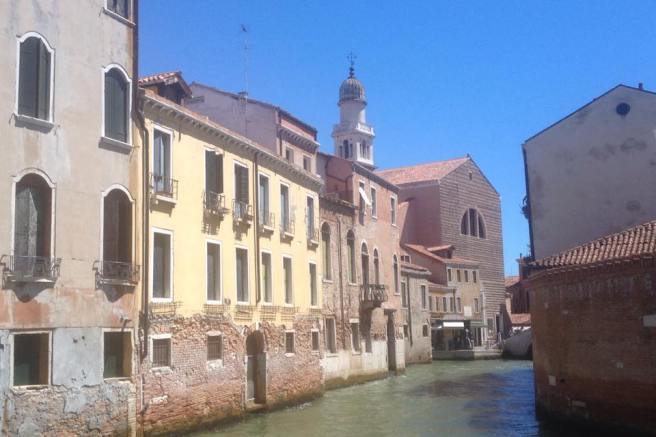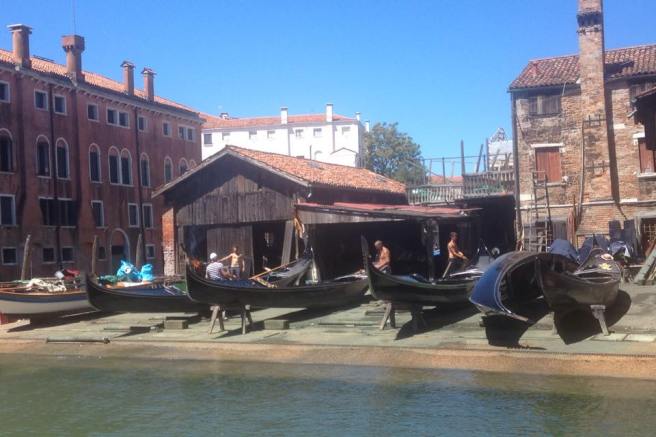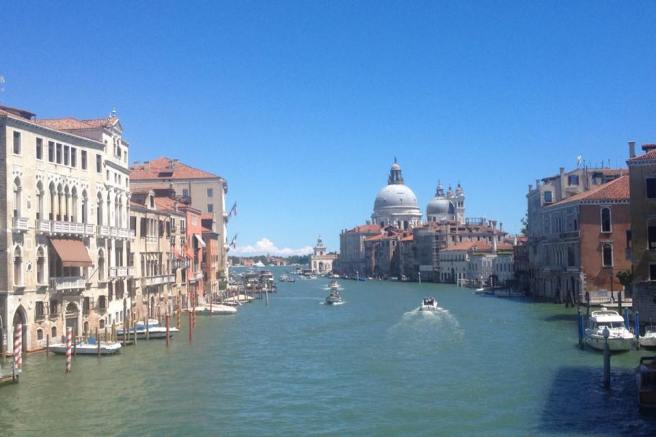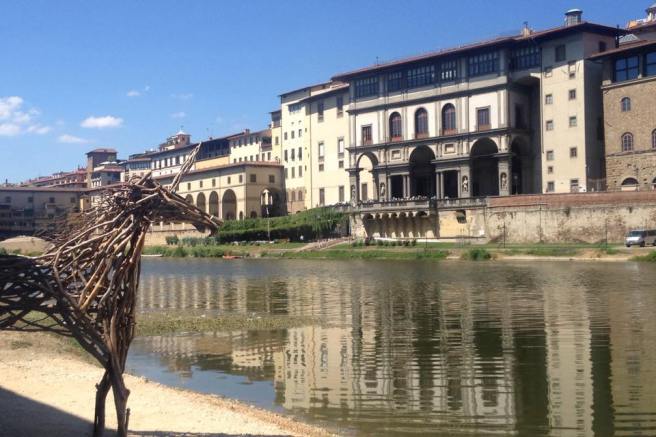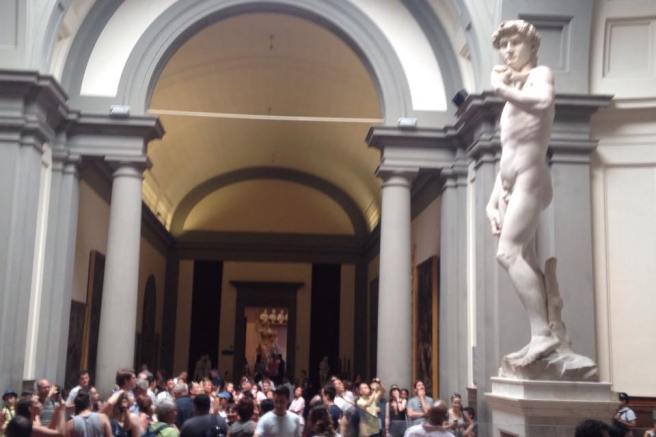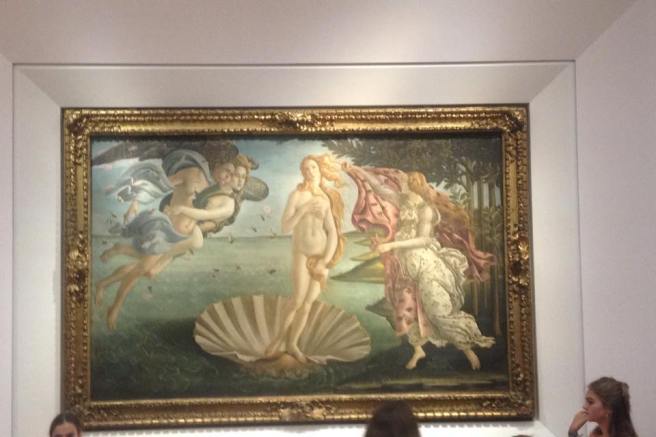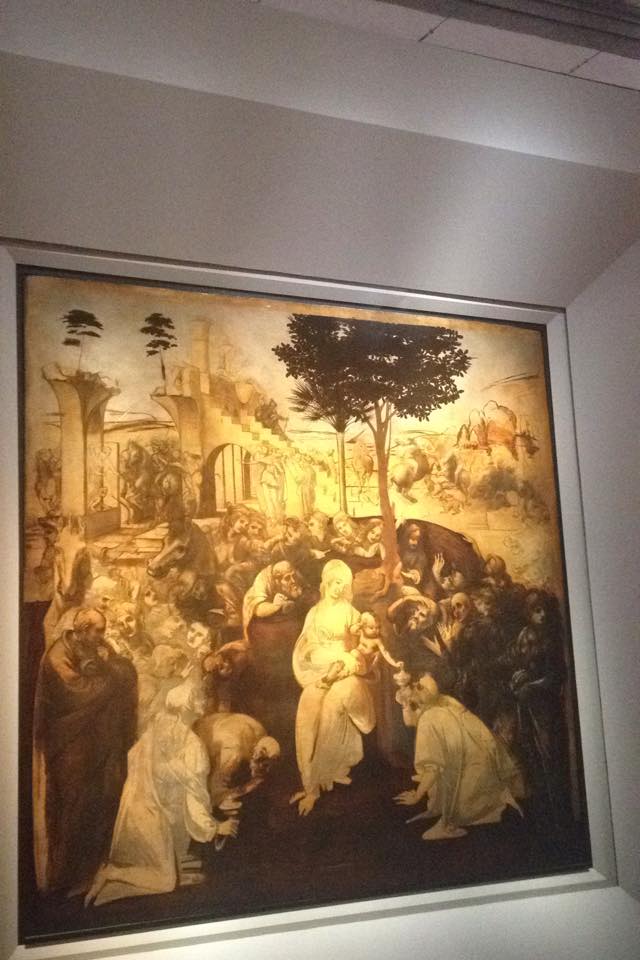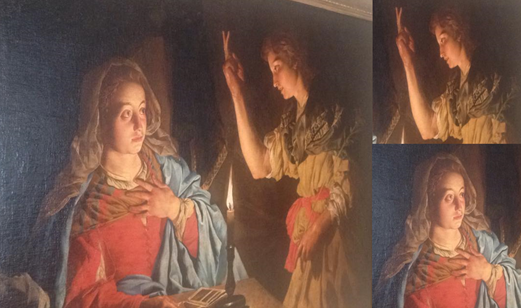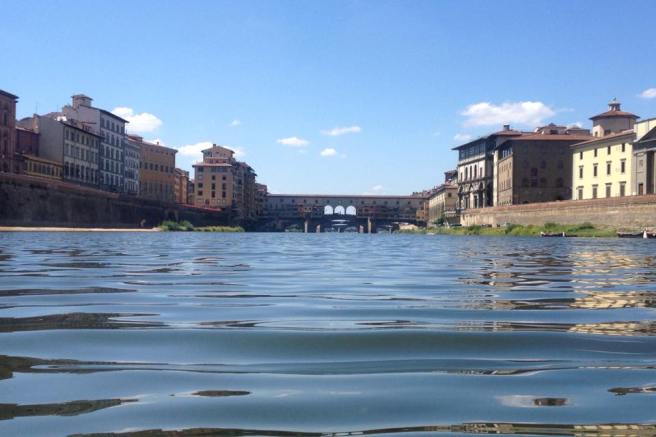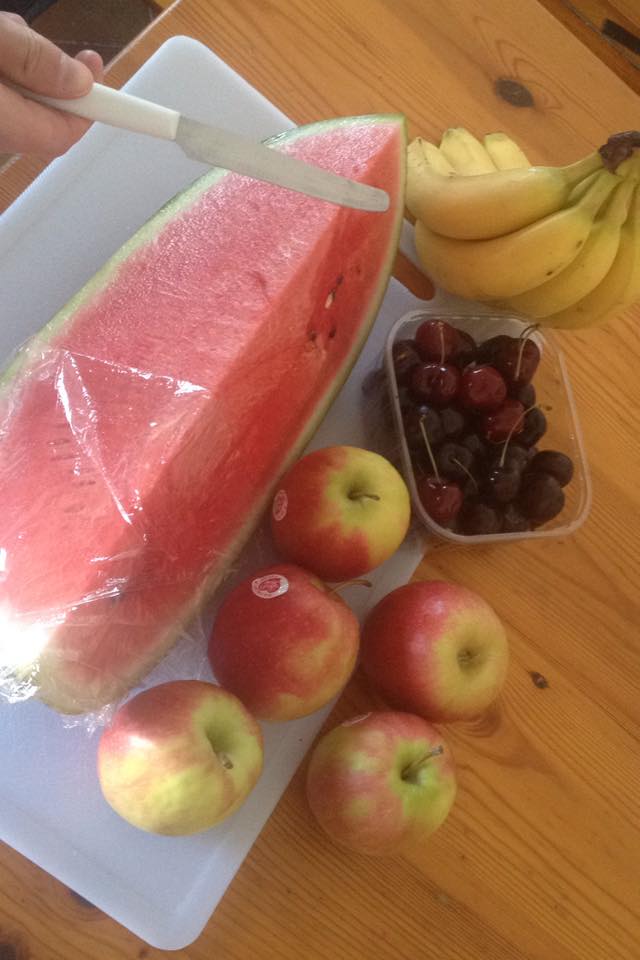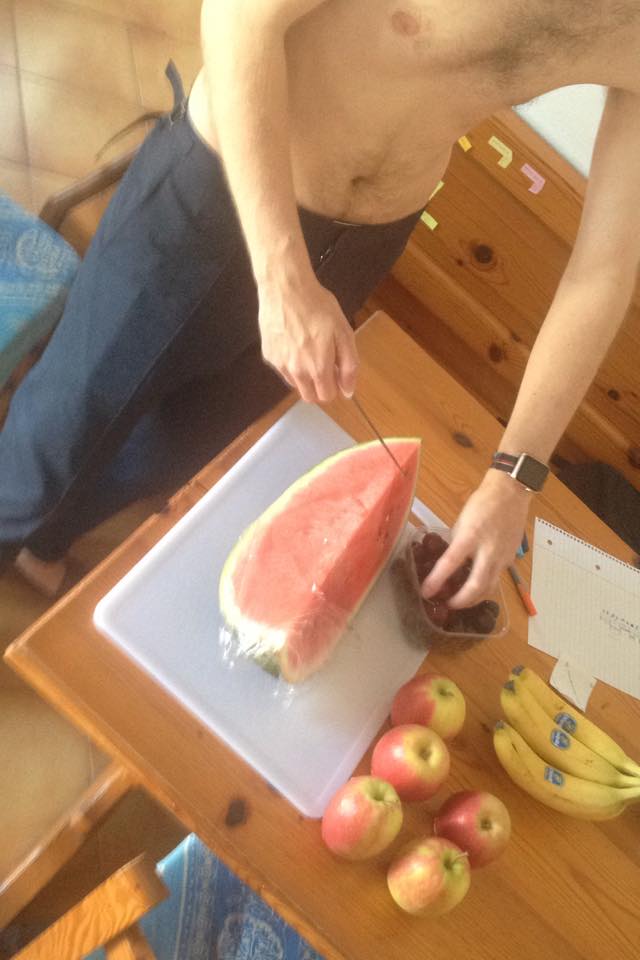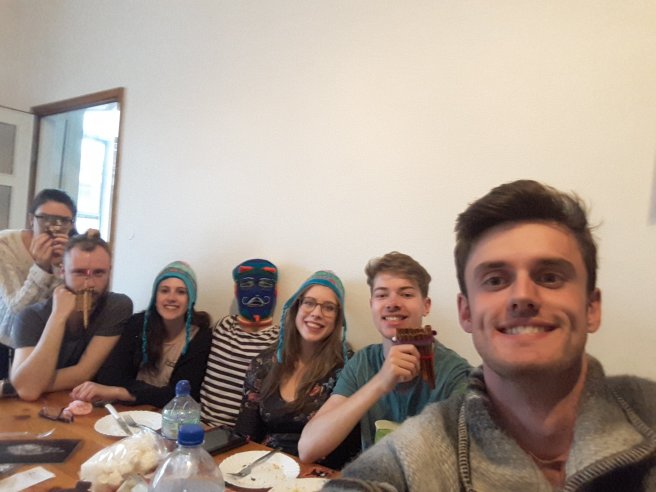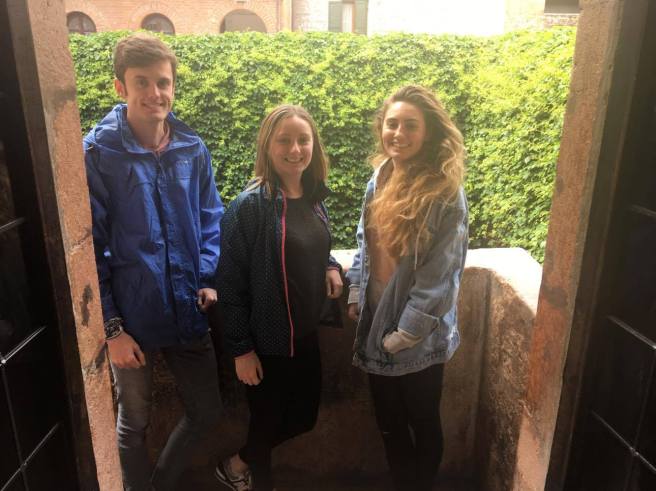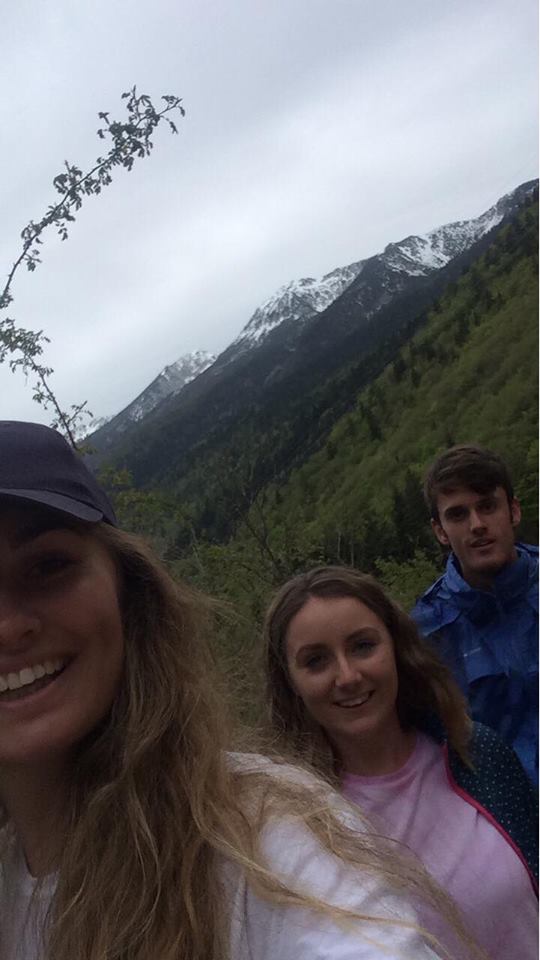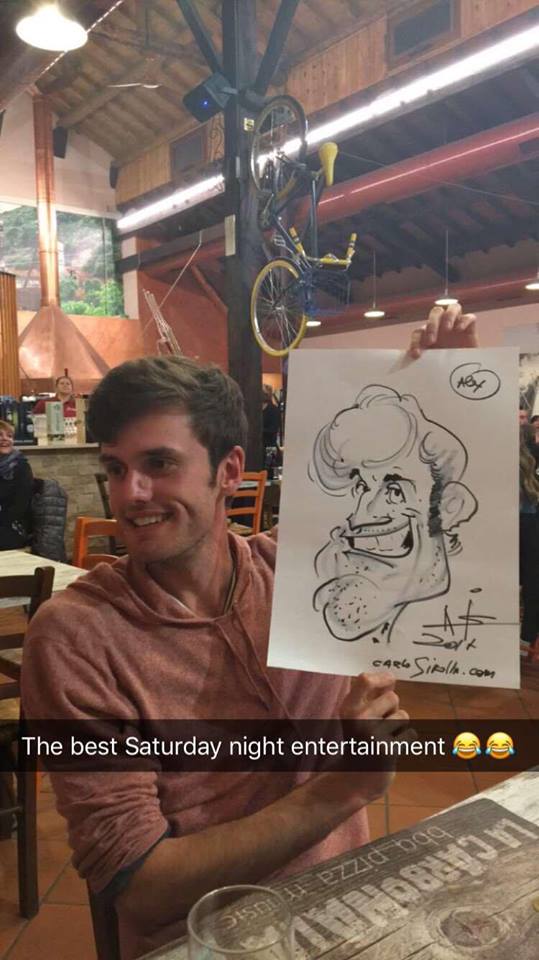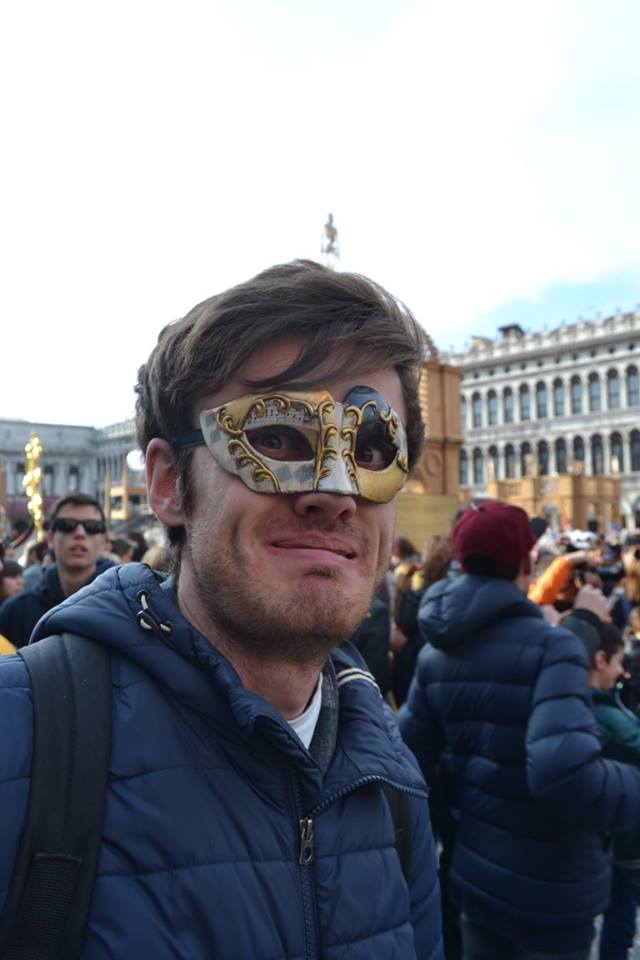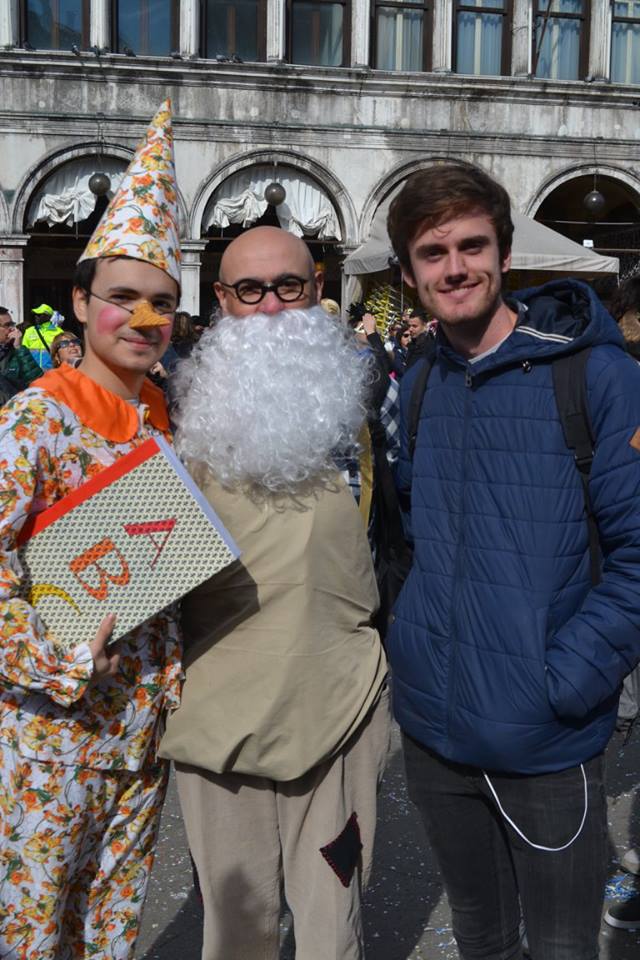On seeing this title, many of my more lexically fastidious friends will be rubbing their hands with glee. “He’s done it again,” they’ll be saying to themselves, in their high-pitched, nasal voices. “This is like that time he wrote ‘knew’ instead of ‘new’, which I mocked him for because I’m sad and have no life.” Well I’m sorry, stereotypically nerdy friends, but this time it is deliberate.
‘Dolomity’ is a word I recently coined. You won’t find it in the dictionary just yet, but its definition is ‘a calamity that occurs in the Dolomites’. “But Alex,” you say, “this seems a bit unnecessary. Surely there can’t be much cause to use such an oddly specific word.”
I grimace painfully, my face contorted through the cruel patchwork of scratches and scars I still bear from my experiences. “That,” I say, “is where you’re wrong.”
DAY ONE
Interestingly enough, my troubles didn’t begin the moment I got out of bed. Usually when a day I’ve planned is horribly derailed, its due to my having woken up about five hours later than I intended. But in this instance I made the opposite mistake – I got up too early. I was up and about at 6am, a good two hours before my train left. Loads of time. So much time, in fact, that I was lulled into a false sense of security, and consequently missed the train. The train in question was one of three I was supposed to catch that day, and my having missed it set in motion an unfortunate domino effect. It meant I arrived in Padua an hour later than anticipated, in Montebelluna an hour and a half later, and that I didn’t arrive in Feltre until half-past-one in the afternoon, rather than at eleven o’clock in the morning.
That wasn’t an issue in itself. I had six hours of walking to complete that day, so I would have arrived at the malga at seven o’clock, had everything gone to plan. But sadly, everything did not go to plan.
The big wad of directions I had printed out the previous day told me I had to go to Porcen, a small village southwest of Feltre. This would have been fine, except the direction then told me I should take the road that led east in order to get there – in other words, the road that led directly away from Porcen. It’s worth pointing out that I was already sceptical of these directions, as flicking through them on the train journey I saw that they made a lot of references to building work that was ‘supposed to be finished in 2005’. I followed them east for about ten minutes before the nagging doubt that this was stupid grew to strong to ignore, and after a brief discussion with google maps it was decided I should probably go southwest – which led me to Porcen.
There is a saying that originated in Italy: “All roads lead to Rome”. In Porcen, however, it turns out that all roads lead to private property. I wasted another couple of hours wandering up and down people’s drives before I eventually landed on the right path. I then lost the right path, and ended up circling someone’s house for a while before a nice man on a lawnmower directed me through some woods to the path that officially marked the beginning of the Alta Via 8. It was four o’clock in the afternoon by the time I found the beginning of the trail.
By this stage (the beginning) I had been baking beneath the sun, and the weight of two backpacks in which I had all my hiking food and all my stuff for the trip to Austria, Switzerland and northern Italy I was planning on doing (and have since almost completed), for the entire day. I was supposed to climb a mountain and then find the accommodation on the other side, but it soon became apparent that there would not be enough light to find the accommodation. I didn’t bring a tent but fortunately it didn’t rain, so I spent a dry if slightly chilly night in my sleeping bag at the top of Monte Tomatico.
DAY TWO
You’ll notice over the course of this blog that I actually began every day by going in completely the wrong direction. The only day I didn’t do this was the fourth and last one – but I made up for this by going in the wrong direction twice on the second day. My instructions told me to ‘look out for a grassy saddle’ – which seemed less like a hiking direction and more like a message I might find in a fortune cookie warning me about a horse-riding accident. I went partway down Monte Tomatico, decided I couldn’t see said saddle, and went back up Monte Tomatico and partway down the other side before realising that maybe it was that way after all.
Then I sat down and thought about how I had survived this long as a member of the human species, and that if I had lived a few thousand years ago and David Attenborough had made a nature documentary about early humans I would have been the human who gets lost and ends up wandering alone through the savannah until it gets eaten by vultures or drowns in a bog, before a couple of Italian lumberjacks speaking a near-incomprehensible dialect finally sent me away from Monte Traumatico Tomatico in the right direction to the accommodation.
This was supposed to be my toughest day of hiking – eight hours in all – and as it was very warm on arriving at the accommodation I should have reached the previous night I bought eight small bottles of water, and strategically transferred the water to the larger, two litre bottles I had brought with me. Still well behind schedule, I set off for the second campsite, unaware of the disasters that lay ahead.
When the directions said ‘tough day of hiking’ I had assumed this meant it was very long. What it actually meant was I would be clambering up a verrrry steep mountain side covered in loose soil, clinging to a thin length of cable, wearing two backpacks (one on my back, one on my front) and four-year-old running shoes balder than Pierluigi Collina. It was tough. So I left my small rucksack balanced precariously on the mountainside and took my larger backpack to the top – placing my two litre bottle of water just next to it. When I finally got my rucksack to the top, exhausted, I hoisted my backpack onto my back, entirely forgetting the bottle of water I’d balanced next to it, and sent the water plummeting down the mountain.
Up until that point in my life, I’d always thought that people going ‘noooooo’ was just a trope used in films. But as I watched – or rather listened – to two litres of water bouncing down the hillside into the foliage, the word left my lips like it was the most natural thing to say in the world. I never saw that water again. I imagine it’s still bouncing down the mountainside even now. What it did mean was that I spent the next eight hours feverishly searching for water, and ended up drinking from a hose outside a farmer’s house.
That probably was the toughest day. I couldn’t move my legs by the end of it, and at one point I would have fallen flat on my face if it hadn’t been for the padding provided by my front backpack (frontpack?). But I did manage to catch up with my schedule, and spent the evening eating canned chicken salad outside a deserted cottage, where mercifully there was a water supply.
DAY THREE
On day three I was woken by the sound of an Italian family and their dogs walking by the cottage outside which I was sleeping. Having gotten myself ready I wandered down the path after them, and on catching up with them after about ten minutes or so the woman informed me that I would have been better off going the other way from the cottage, as it was easier and more scenic. By now used to this routine, I walked back to the cottage and started again.
If this new route was easier, I dread to think what the other route would have been like. By this stage my legs barely worked at all, and I kept myself going by imagining things I was walking like, including a scarecrow, an All-Terrain Scout Transport from Star Wars, and a person who was actually paraplegic. My listing was brought to an end when I hyperextended my right knee as a result of my newly developed walking style, which took the fun out of the game quite a lot.
Not that I’m complaining. An alternative name for the Alta Via 8 is the Alta Via degli Eroi, or the Way of the Heroes. The mountains I was walking on were the settings for a series of great battles during the First World War, and in 1917-1918 many Italian and Austro-Hungarian soldiers gave their lives here. The shelters and bomb holes are still visible, which put things into perspective. I later visited the stunning memorial atop Monte Grappa, where their remains are buried.
I was grateful to discover a restaurant at the end of the day’s walking, where I ate an enormous plate of bacon-and-tomato pasta and felt generally at peace with the world. Unfortunately there were no beds left at the hotel, which meant that after being welcomed back into civilisation I was cruelly ostracised once more, and went to sleep in my sleeping bag on the mountainside.
DAY FOUR
Fortunately my knee wasn’t too badly damaged, so after I visited the memorial I was able to descend from the mountains at a comfortable limp. In fact this was the most successful day, as I managed to get to my destination without asking anyone for help. I still got lost a couple of times, but I felt that was pretty good for someone who knows about hiking what a jumblie knows about sailing, and I collapsed into Bassano del Grappa train station in time for my train to Vicenza, feeling like I’d fully deserved a nice big meal and a good night’s sleep.
Needless to say the train was delayed by forty minutes due to an ‘incident with an animal’ so I missed my connection, and ended up having McDonald’s at midnight in Venice Mestre (which, incidentally, is about as different a place from Actual Venice as you can imagine) where someone stole my meal, and I got to Vicenza at 2am where I was able to enjoy being told how grateful I ought to be that I was able to check in at all by a man who, presumably, had spent the previous three nights sleeping in a bed, on a mattress, and as far as I was concerned didn’t know he was born.
C’est la vie. It was tough, but I am now on the shores of Lake Como, enjoying the cool breeze that wafts in through the French windows, so I accept these vicissitudes of travel. If I get a moment I’ll try and write about Austria and Switzerland, but I’ve got a few things to do before I head home on the 18th – and besides, it might be nice to have something to talk about when I get home, rather than everyone already knowing because they read it here.
Anyway, Vicenza is the city another blog ends in, so it’ll have to be the pun vicenzanother blog. A big shout out to the man in the lawnmower, the lumberjacks and the hiking woman. Ciao!


